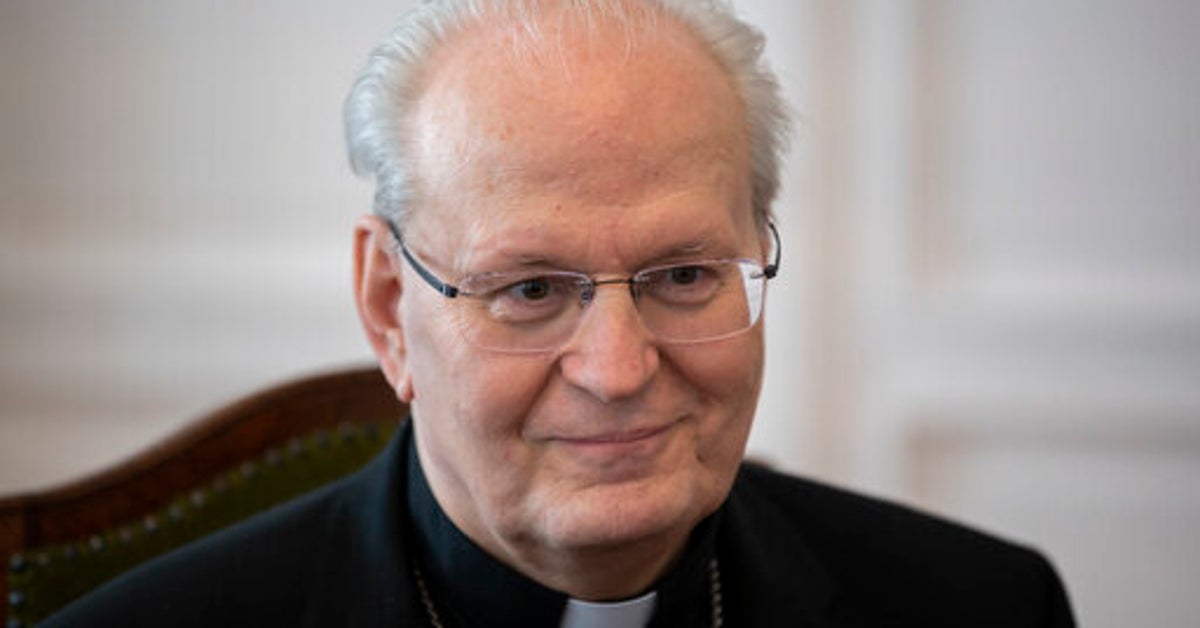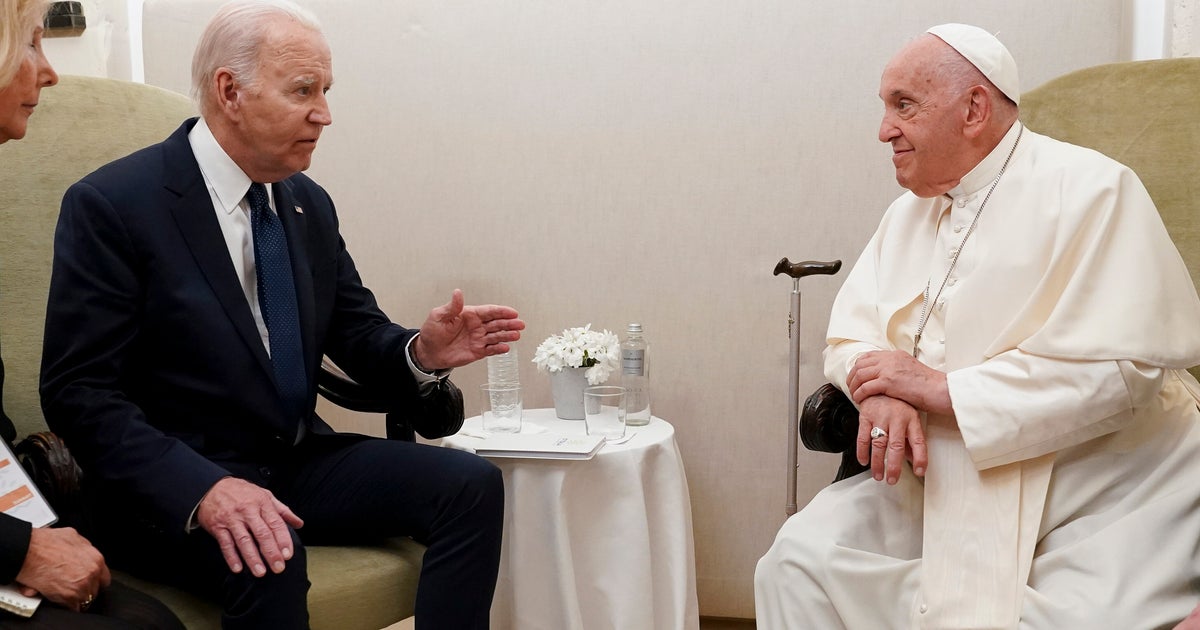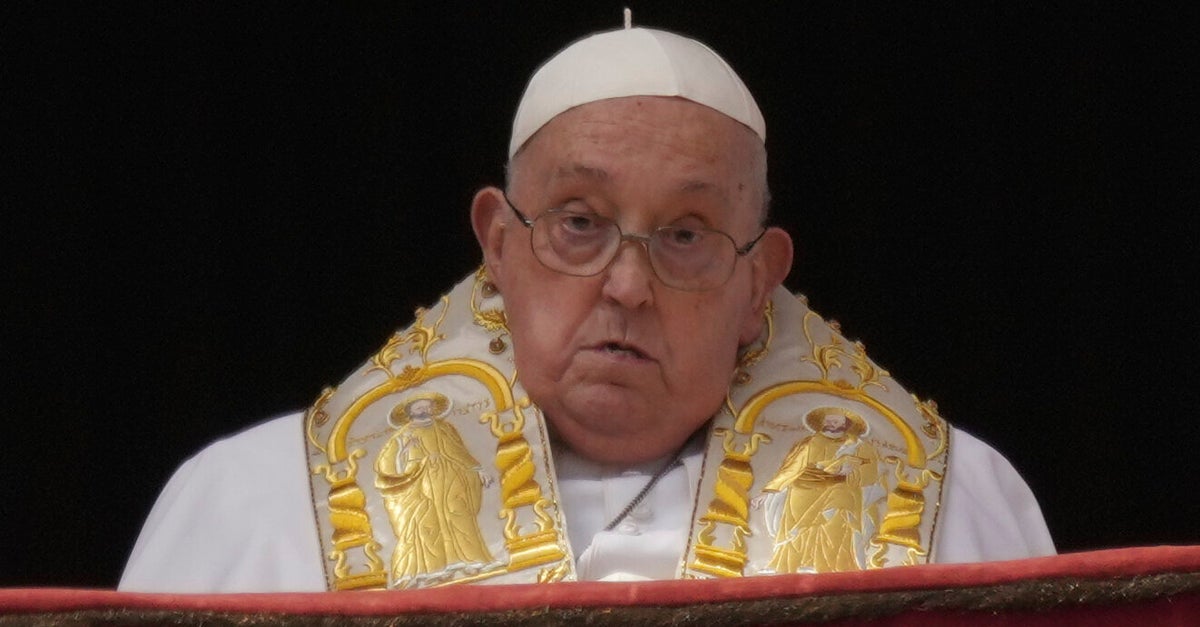Now Reading: These Cardinals Are Seen As Contenders To Be The Next Pope
-
01
These Cardinals Are Seen As Contenders To Be The Next Pope
These Cardinals Are Seen As Contenders To Be The Next Pope

In Vatican City, a common saying among insiders is that entering a conclave as pope means leaving as a cardinal. This highlights the sacred and secretive nature of the process, emphasizing that it is not a popularity contest but a divine election by the church’s leaders to choose Christ’s representative on Earth. While there are frontrunners, known as “papabile,” who possess qualities considered essential for the role of pope, the outcome is not always predictable.
Although any baptized Catholic male is eligible, only cardinals have been selected since 1378. The winning candidate must receive at least two-thirds of the vote from cardinals under the age of 80. Pope Francis, who passed away on Monday, appointed a majority of the electors, often choosing individuals who shared his pastoral priorities, indicating a desire for continuity in the leadership of the church.
Predicting the outcome of the conclave is challenging, as history has shown surprises like Jorge Mario Bergoglio’s election as pope in 2013 at the age of 76. Some potential candidates for the position include Cardinal Peter Erdo, Cardinal Reinhard Marx, Cardinal Marc Ouellet, Cardinal Pietro Parolin, Cardinal Robert Prevost, Cardinal Robert Sarah, Cardinal Christoph Schoenborn, Cardinal Luis Tagle, and Cardinal Matteo Zuppi. Each candidate brings a unique background and set of experiences that could influence the direction of the papacy if elected.






